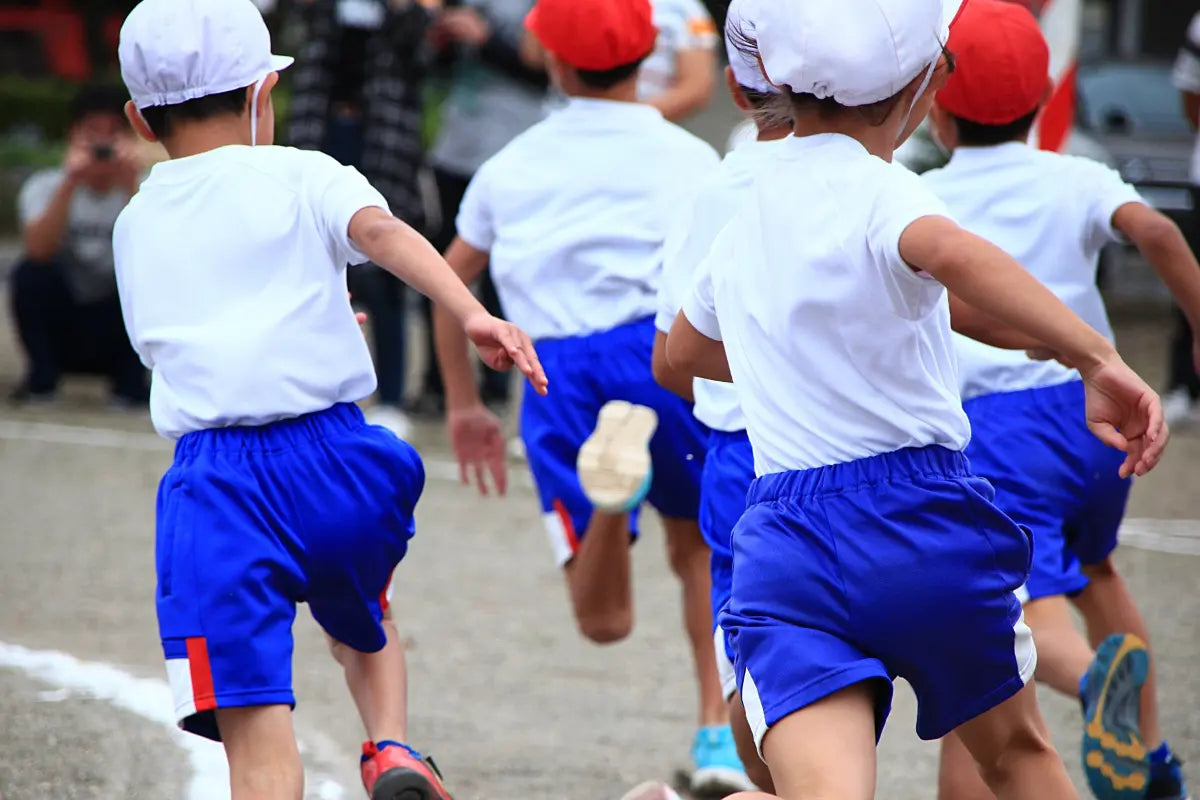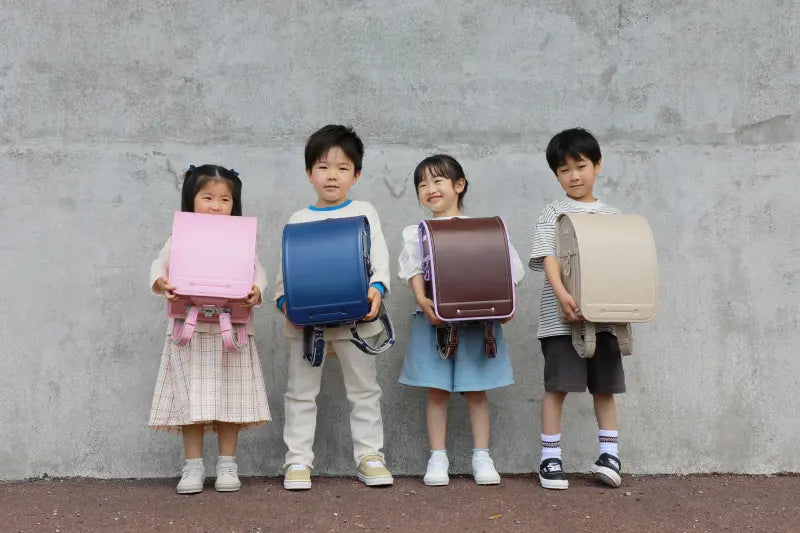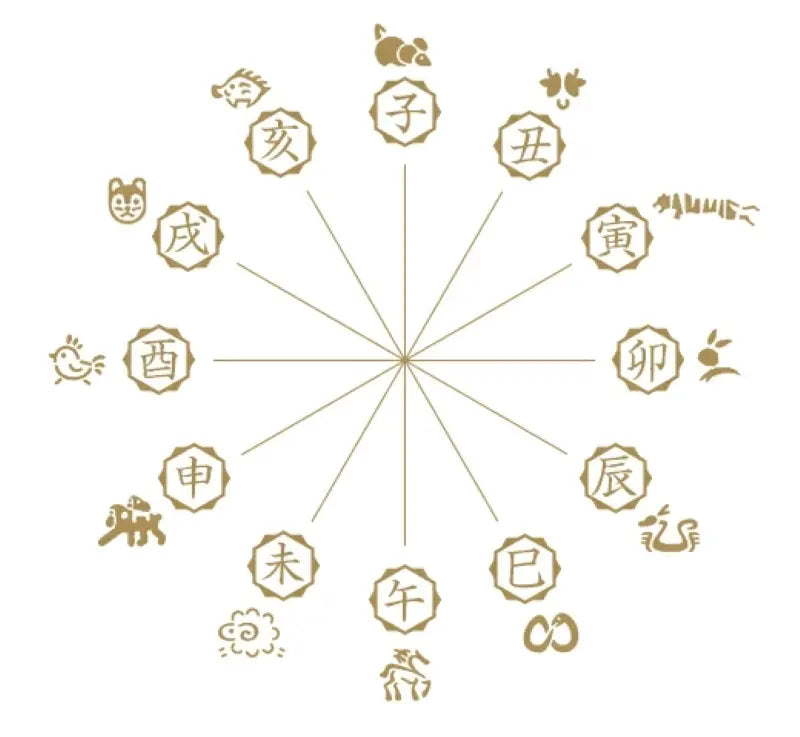
Japan’s Autumn Holiday “Sports Day” and School Sports Festivals
In October, Japan celebrates a national holiday called Sports Day. It falls on the second Monday of October each year; in 2025, it will be observed on Monday, October 13th. On this day, schools and many workplaces across the country are closed, giving people the opportunity to enjoy sports. Special events are held where professional athletes play with children or provide direct instruction, making it a day that celebrates the joy of physical activity.
The Origin of Sports Day and Why It’s in October
Sports Day was established to commemorate the opening ceremony of the 1964 Tokyo Olympics, held on October 10th. Originally called Taiiku no Hi (“Physical Education Day”), the holiday encouraged citizens to enjoy sports and foster healthy minds and bodies. Since 2000, the holiday has been observed on the second Monday of October, and it was renamed Sports Day in conjunction with the Tokyo 2020 Olympics (which were postponed to 2021 due to the COVID-19 pandemic).
One reason this holiday is set in autumn is that October in Japan typically offers clear skies and low humidity, making it an ideal season for outdoor activities.
School Sports Festivals

As Sports Day approaches, many Japanese schools hold undōkai, or school sports festivals. Programs include running races and relays, as well as group activities like rolling giant balls, tossing balls into baskets, tug-of-war, and organized gymnastics performed by older students. These events are designed not only to showcase athletic skill but also to be fun and inclusive for everyone.
My Memories of Sports Festivals
I was never particularly athletic, so I don’t have personal memories of excelling in sports festivals. But I do remember enjoying watching the relay races in high school.
At my school, the most exciting event was the club relay, where students competed as representatives of their school clubs. Everyone knew that the track team, full of fast runners, would inevitably win, leaving little chance for other clubs. So, instead of focusing on speed, each club aimed to cross the finish line with the most entertaining or unique performance.
For example: the gymnastics club performed consecutive flips; the badminton club ran while hitting shuttlecocks back and forth; the drama club sprinted in full costumes; and the cooking club ran wearing aprons while tapping frying pans. Every year, we looked forward to seeing what creative performances each club would come up with.
While the fastest runners from the track team naturally received the loudest applause, even students who weren’t fast could shine by showcasing their individuality. It was a program that allowed everyone to be celebrated.
Rethinking School Sports Education
In the past, sports education in Japan was not always scientific or inclusive. Some lessons placed heavy emphasis on testing students’ perseverance, leaving less athletic children feeling embarrassed. Recently, however, schools have been shifting toward lessons that emphasize the enjoyment of movement and the joy of being active.
If you ever hear music and cheering coming from a schoolyard while visiting Japan in October, there’s a good chance a sports festival is taking place. While outsiders are generally not allowed to watch, you can imagine the children shining brightly amidst the applause and cheers.



